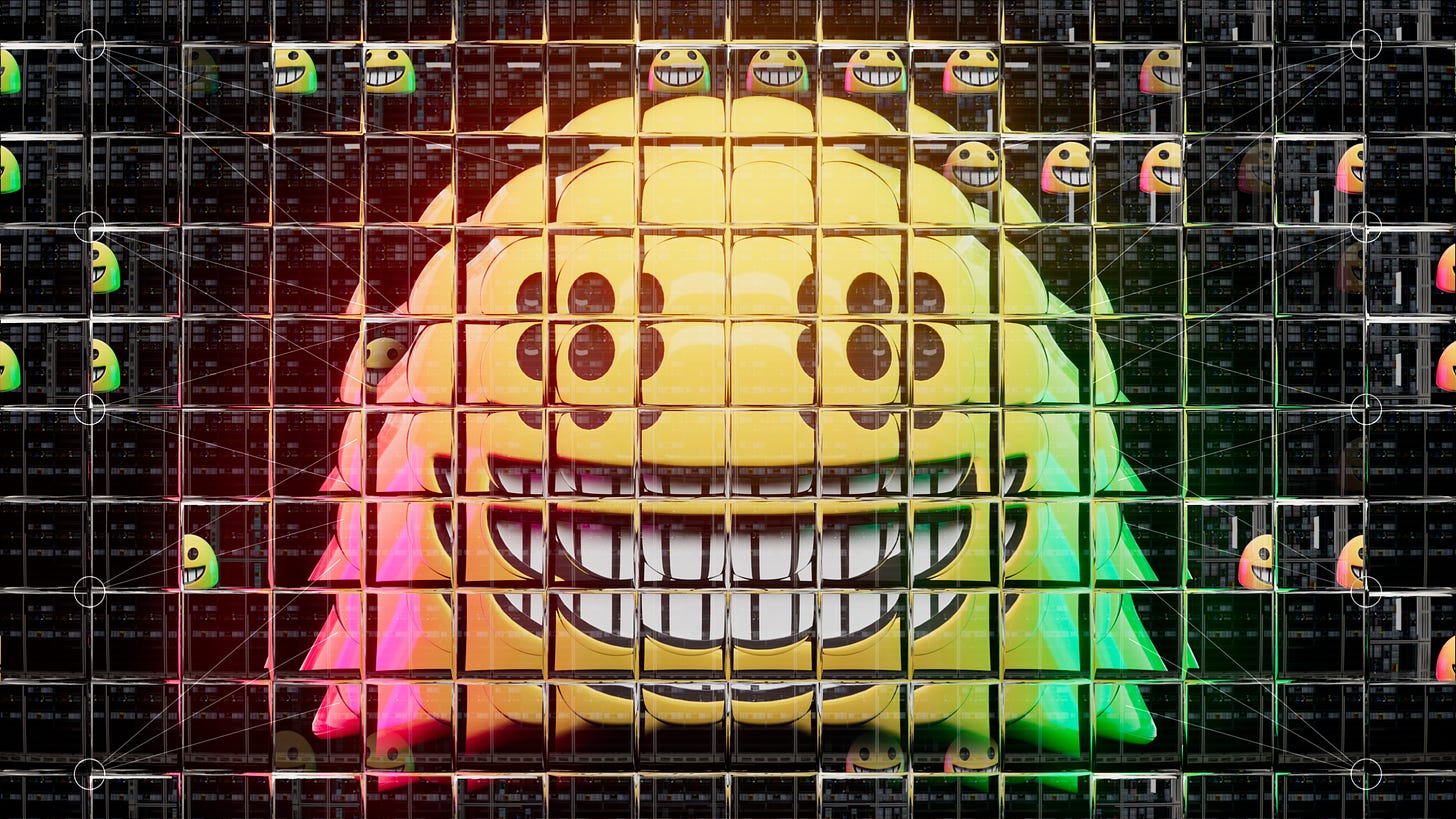Algorithms Know You. Soon, They Could Hack You
In the (frightening) words of bestselling author Yuval Noah Harari.
That headline isn’t intended to scare you. It’s intended to keep you aware of the direction we’re going. Knowledge can sometimes give you a kind of power you can’t have otherwise. This story promises the power of awareness.
Algorithms dictate our (digital) lives. Your favorit…
Keep reading with a 7-day free trial
Subscribe to The Algorithmic Bridge to keep reading this post and get 7 days of free access to the full post archives.



